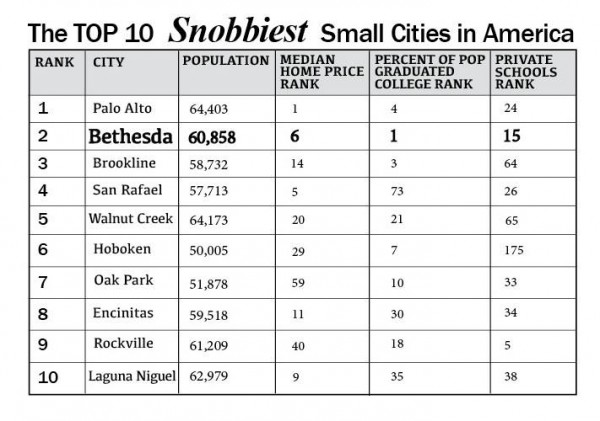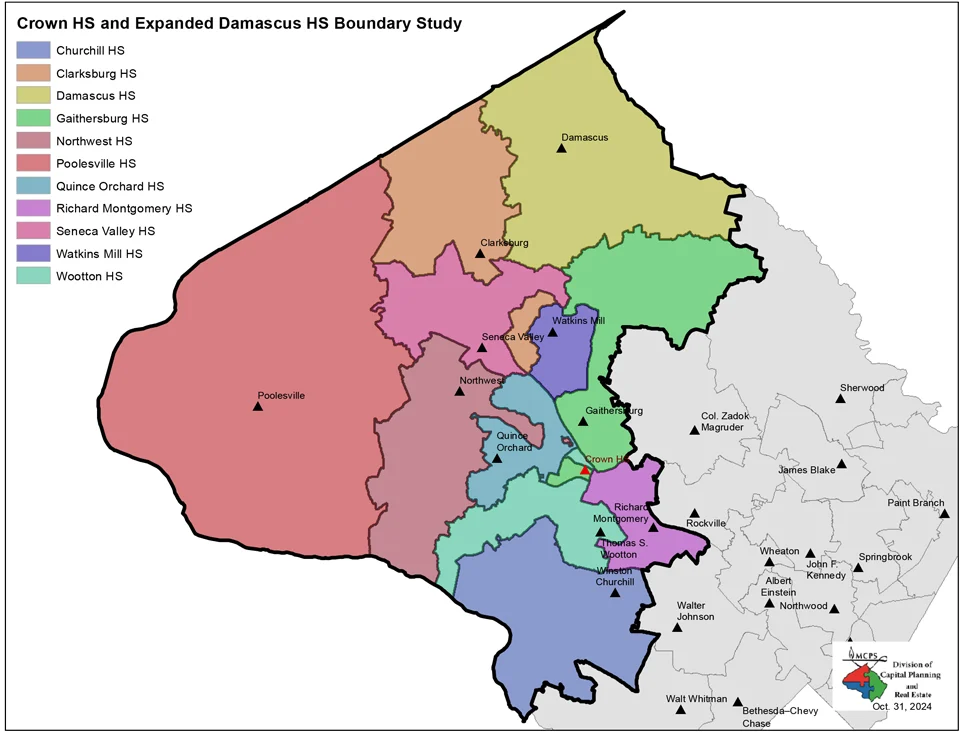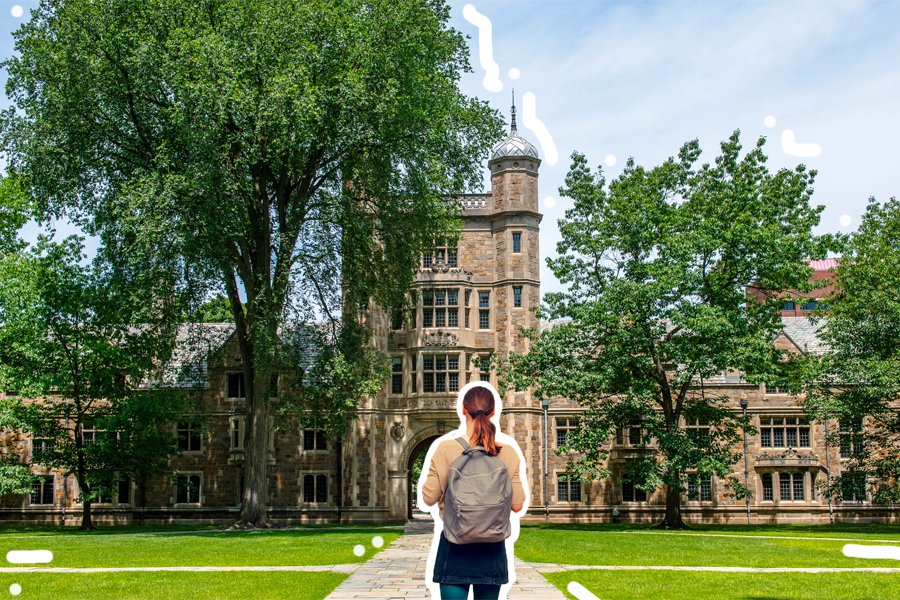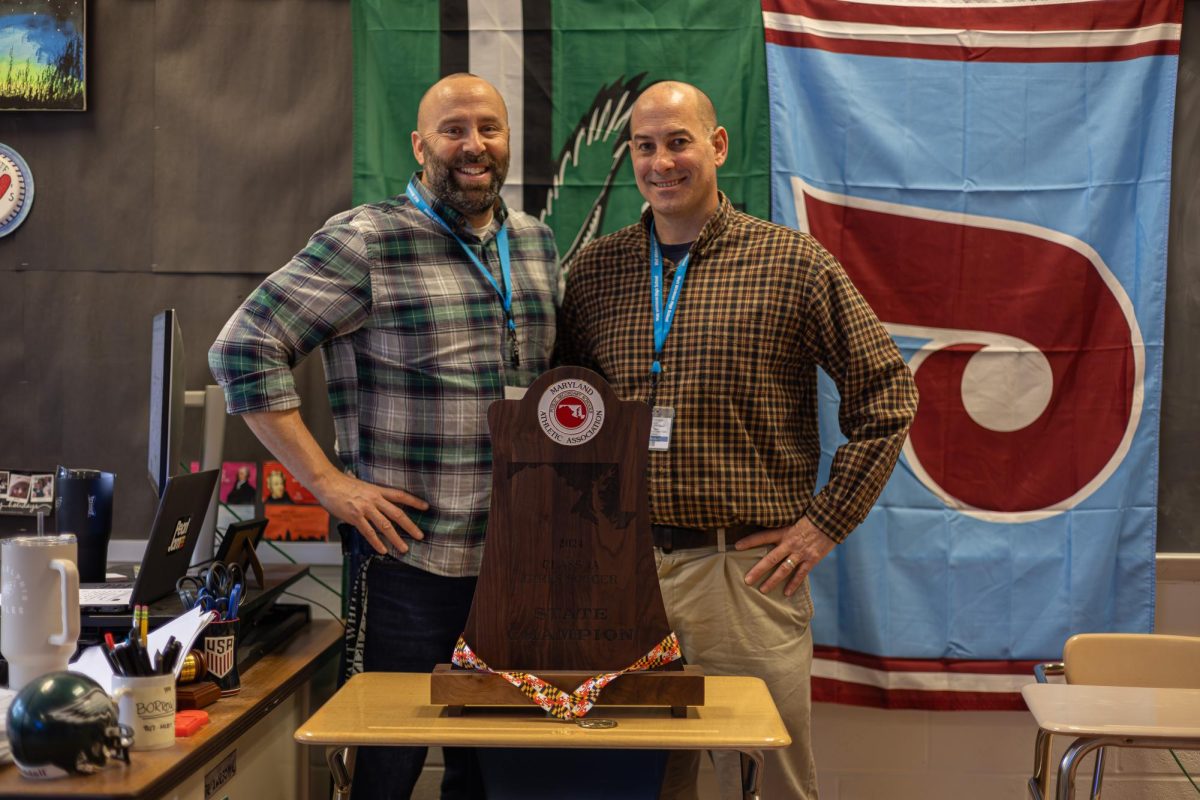Living in Bethesda, surrounded by iPhones, upscale SUVs and double shot venti soy lattes, it can be hard to put affluence into perspective. Real estate blog Movoto did it for us.
In July, content writer Laura Allan compiled a list of the 10 snobbiest small cities in the country, and Bethesda ranked #2 after Palo Alto. Rockville made an appearance on the list as well, tying with Encinitas, CA as #8. Two months earlier, Bethesda also took first place on Movoto’s ranking of the top 10 richest small cities in the country.

To produce the list of snobbiest cities, they analyzed every city with a population between 45,000 and 65,000 for criteria including highest median house price, household income and percent of population with a college degree. The list of richest cities was drawn from places with populations between 30,000 and 80,000 and narrowed down by median house income and home value. Bethesda’s unparalleled percentage of the population with a college degree, a towering 83 percent, was the highest in the country. Its household income came in third place at $142,000, along with its median house price in sixth place at almost $1,200,000.
Allan also took into account unconventional statistics, such as highest number of private schools, performing arts centers and art galleries, as well as the fewest number of fast food restaurants per capita.
While the list may seem holistic, it wasn’t perfect. A city was excluded if its data was too difficult to find, according to Allan. The final list included 309 cities, and the top 50 are ranked on their website. Here you can see the list and rankings.
The top 10 richest small cities list included additional data such as number of luxury car dealers, expensive clothing retailers per capita and the cities’ distance from the nearest yacht club. A list of the top 25 can be found here.
Despite the seemingly meticulous compilations, many readers accused both rankings of weak reporting with flawed logic. To label these cities as snobby, one commenter wrote, was a misuse of the word and evidence of ‘click bait,’ a website’s attempt to attract viewers. Another commenter responded to Movoto’s richest list, explaining that it’s a measurement of affluence rather than wealth. Affluence is defined by the economic value of the city’s property while wealth is the financial status of the actual residents.
Katherine Shaver, transportation and development reporter for The Washington Post, covered the topic, also calling into question the validity of the claim and data.
“Of course, such lists get people to click on real estate websites,” Shaver wrote. “[But] you have to wonder whether the list makers have visited these places, let alone sized up the locals.”
Allan defended her article against the criticism of readers and reviewers, saying snobbiness does not necessarily have a bad connotation.
“Heck, we’d probably be pleased as punch to live in any one of these [areas],” Allan wrote. “However, with all that culture, wealth, and exclusivity comes people who have simply the most rigid of standards that must always be met.”
Does that sound like Bethesda to you? Whether numbers can dictate snobbiness and if that is synonymous with wealth is still unclear.
Senior Rebecca Rahman has 12 years of experience outside of the Bethesda circle, seven of which were spent in Olney, Maryland. The residents had a different disposition and it was noticeably more middle class in comparison to Bethesda, she said. Through her different living conditions she offered a refreshing outsider perspective.
“I’ve been to poverty stricken countries, to the middle class of Maryland, and ended up here,” Rahman said. “The differences in mentality from all three classes are astounding, much as I hate to admit it. Bethesda isn’t a bad place at all, but we seemingly take for granted the things that we have, and have assumptions and stereotypes about the people who don’t live like we do.”









